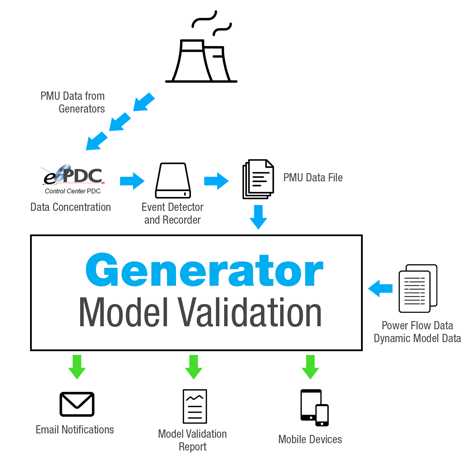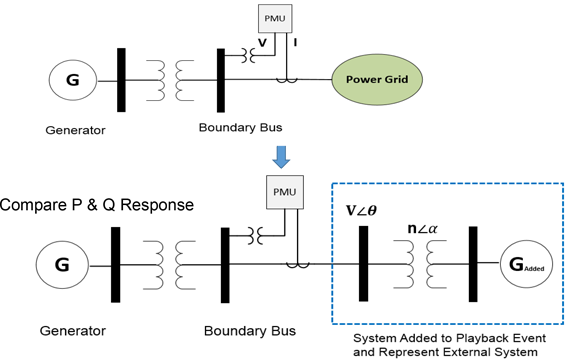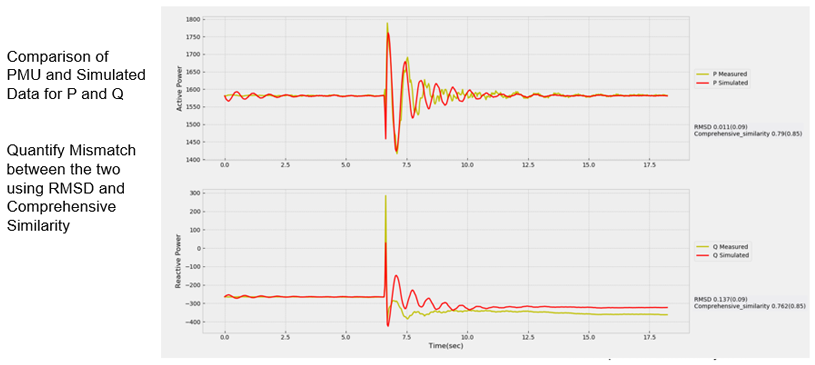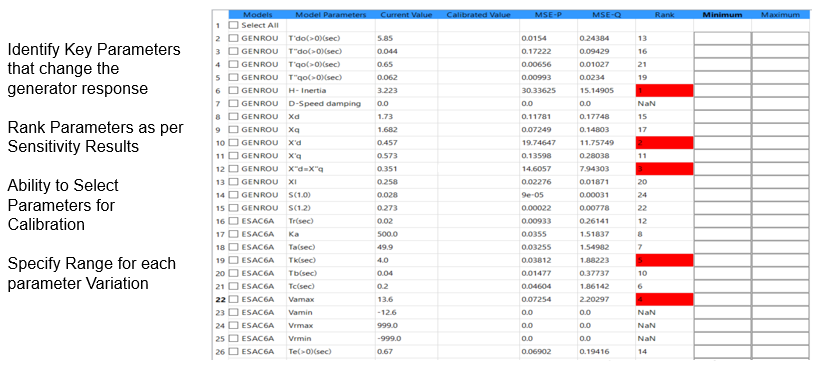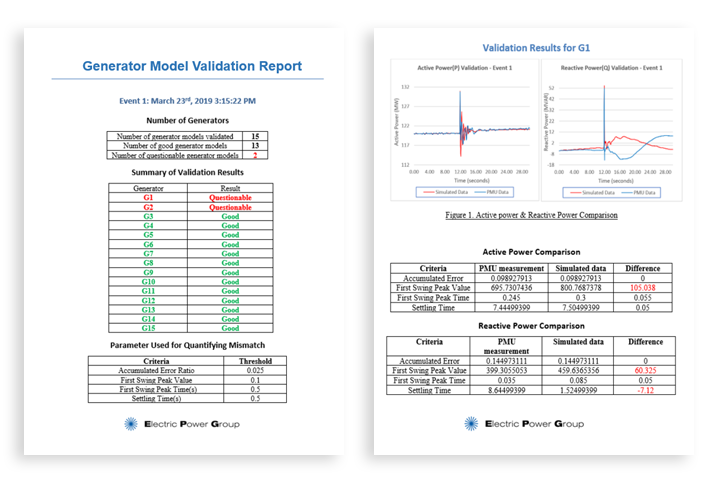GMV
Generator Model Validation
Inaccurate models can result in incorrect assessment of system response and may result in failure to predict instability and blackouts. For. e.g. during August 1996 blackout – models did not represent reality. The measured response of Power flow on California Oregon Intertie (COI) was undamped and showed large oscillations whereas the model showed well damped response. Generators are one of the most critical components in determining power system response to events and disturbances.
NERC standards for model validation - MOD-026, MOD-027 require verification of generator dynamic models including excitation controls, governor and turbine controls. Traditional staged tests for Generator Model Validation require units to be taken out of service and is expensive and Time consuming. Testing is typically carried out when unit is offline in isolation and does not incorporate the system response and dynamics.
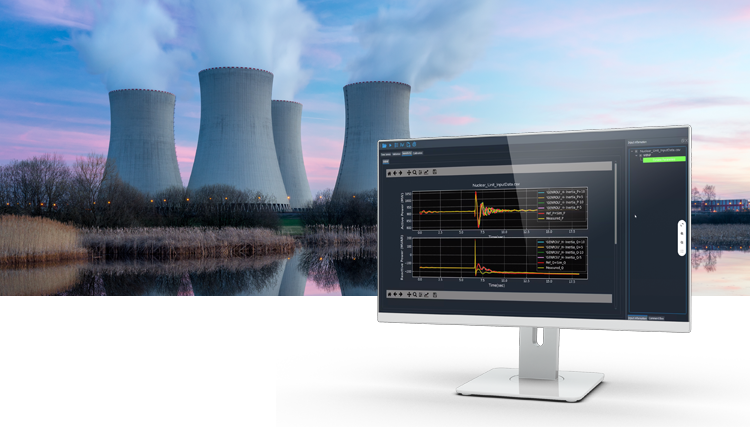
Using Synchrophasors for generator model validation
- • Units do not have to be taken offline
- • Reduces costs of outage and cost of experts to perform tests for validating generator models
- • Generator performance is verified while accounting for system dynamics as opposed to isolated offline testing
- • PMU measurement
- • Can be repeated frequently for every significant event instead of performing validation every 5 to 10 years
- • Can be performed for multiple events and multiple generators
- • Ability to perform model calibration and identify correct model parameters
- • Meet NERC MOD-26, MOD-27, MOD-33 Compliance
Introducing GMV
Overview
GMV (Generator Model Validation) uses synchrophasor data from PMUs or DFRs to validate and calibrate generator, excitation system and turbine control system models. Data from PMUs is concentrated and time-aligned by EPG’s enhanced Phasor Data Concentrator (ePDC®). ePDC combines data from several generators and provides output to an event recorder. The event recorder detects an event based on defined thresholds such that events with significant frequency and/or voltage deviations are captured. Whenever a significant event is detected, PMU data is recorded for that event in COMTRADE or csv files. PMU data along with the power flow and dynamic data for the generator is then used to validate the model and generate a report that compares simulated data with PMU data.
GMV provides an automated report that identifies whether the model accurately represents the response of the generator and control system to different events and disturbances. Furthermore, sensitivity analysis can be performed to identify key parameters that should be considered for tuning when the model response does not match the actual response. The sensitivity analysis results quantify the change in the generator response for change in each parameter. This helps in identifying parameters in the model that have the most impact on the generator response and narrows down from several parameters to a few for fine tuning and calibration. For each event, multiple generating units can be validated if PMU data is available from the individual generating units. This application can be installed locally at the generating station or in a central location such as control center which can collect data from multiple generators at different locations.
Download the GMV brochure

 EPG has been pioneering the development and deployment of synchrophasor technologies since 2000 and helping reliability operations across all three interconnections (WECC, EI and ERCOT)
EPG has been pioneering the development and deployment of synchrophasor technologies since 2000 and helping reliability operations across all three interconnections (WECC, EI and ERCOT)
